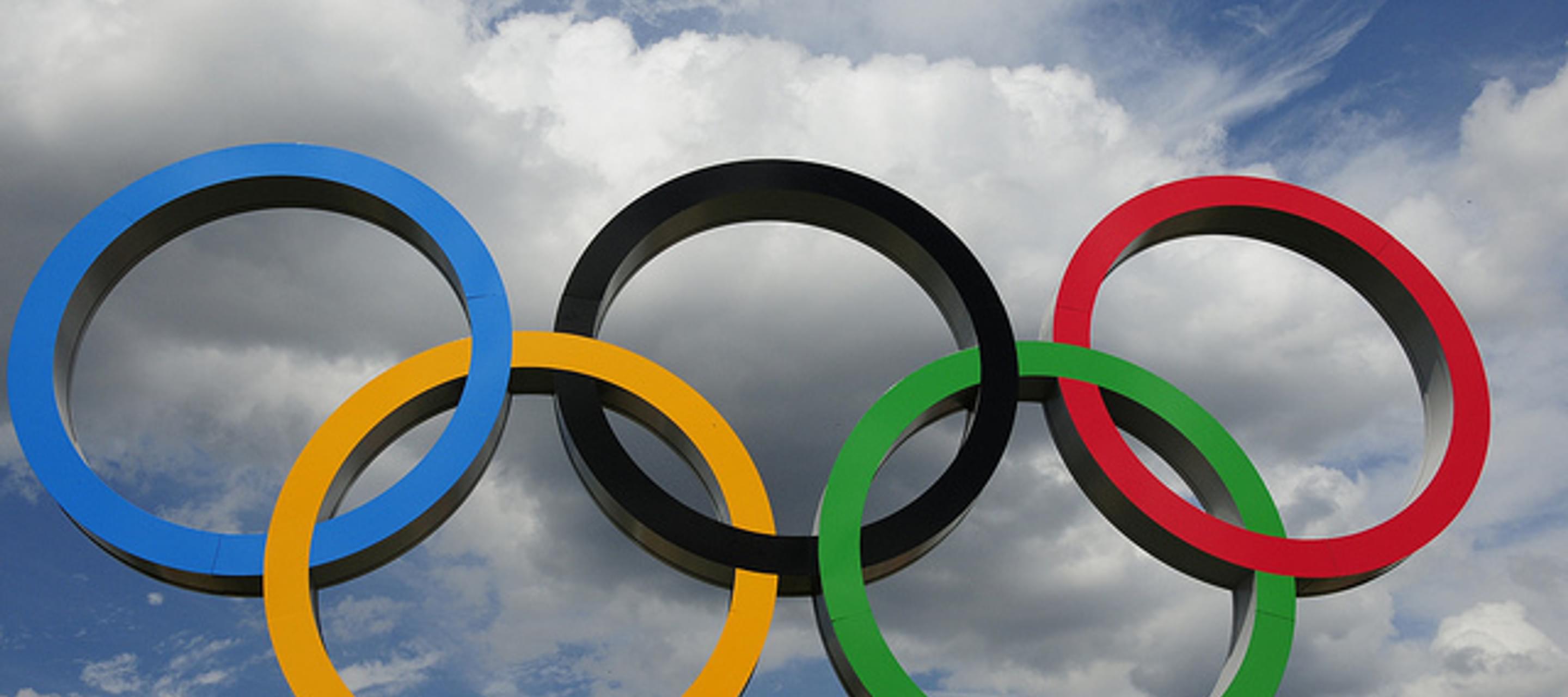The Dow Side of Corporate Sponsorship
22 February 2012

This op-Ed was originally published on TheHindu.com.
Coke and GE then, Dow now.
But there is a crucial difference: no one was accusing companies sponsoring the Beijing Games of being complicit in human rights abuses in Darfur. In Dow's case, many activist groups claim that the company has a case to answer over the tragedy in Bhopal, when thousands of people died after methyl isocyanate gas leaked from a fertilizer plant. The plant was operated at the time by Union Carbide, an American corporation Dow Chemical acquired a few years later, although Union Carbide's Indian assets were sold to an Indian company prior to that acquisition. The liability of Dow with regard to the disaster in 1984 itself is not easy to establish, but activists and lawyers in India assert that Dow cannot escape responsibility for the ongoing contamination of ground water in Bhopal, and its health impacts.
The conversation about Bhopal has rightly focused on corporate responsibility, but it is important to remember the role of the Indian government as well. Indian officials who did not inspect the plant properly in the 1980s failed in their regulatory oversight role. Equally troubling, the government prevented Bhopal victims from suing Union Carbide after the accident, restraining their right to seek justice, and taking over the role of being the sole negotiator with Union Carbide. The case moved to India, and the government negotiated a settlement (worth $470 million), which several victim groups in India have termed insufficient. There were charges of mishandling of the money involved, and allegations that compensation payments were tardy. The government has also been sluggish in requiring proper chemical analysis of the plant to check groundwater for contamination.
The Bhopal case shows corporate failure to respect rights (as in the case of Union Carbide), state failure to protect rights (in the conduct of the Indian government), and the absence of an adequate remedy for victims — just the scenario for which the United Nations adopted in 2011 Guiding Principles on business and human rights. According to that framework, governments have the obligation to protect human rights; business has the responsibility to respect rights; and where protection gaps exist, an effective remedy is needed.
But wider questions for the IOC and the London Games organisers remain. What sort of screening should be in place when selecting sponsors? Large sporting events aren't cheap, and taxpayers don't want to pay the escalating bills. Organisers have few options besides turning to corporations for financial support.
Who should get naming rights? Should only companies with a squeaky clean reputation be chosen? And if so, how is such reputation defined? Who decides that a particular company is guilty of a specific abuse? Should it be courts, or are allegations by civil society groups sufficient? There is now some clarity regarding the due diligence steps companies should take to prevent human rights abuses. But what due diligence should organisers undertake?
A simple check of a company's “reputation” won't be adequate. Reputation surveys are notoriously subjective. Nor can one assume that a company with policies supporting sustainability or responsibility conducts its operations consistent with those policies.
The U.N. Guiding Principles on business and human rights — which provide the authoritative due diligence steps all companies need to take, including to track and monitor performance — offer a promising yardstick. Companies that can effectively demonstrate they are acting in line with this international framework should in theory pass such a screening. But would that satisfy civil society?
Developing and implementing more rigorous criteria won't be easy. But organisers cannot shirk that responsibility. The Olympics represent the noblest of human efforts to strive towards higher standards. Citius, Altius, Fortius, or “faster, higher, stronger” is the motto of the Games. By the same standard, organisers should aspire towards the highest standards when they undertake due diligence to select partners, in celebration of this ultimate test of human endeavour.
Photo: Flickr-thedcms




